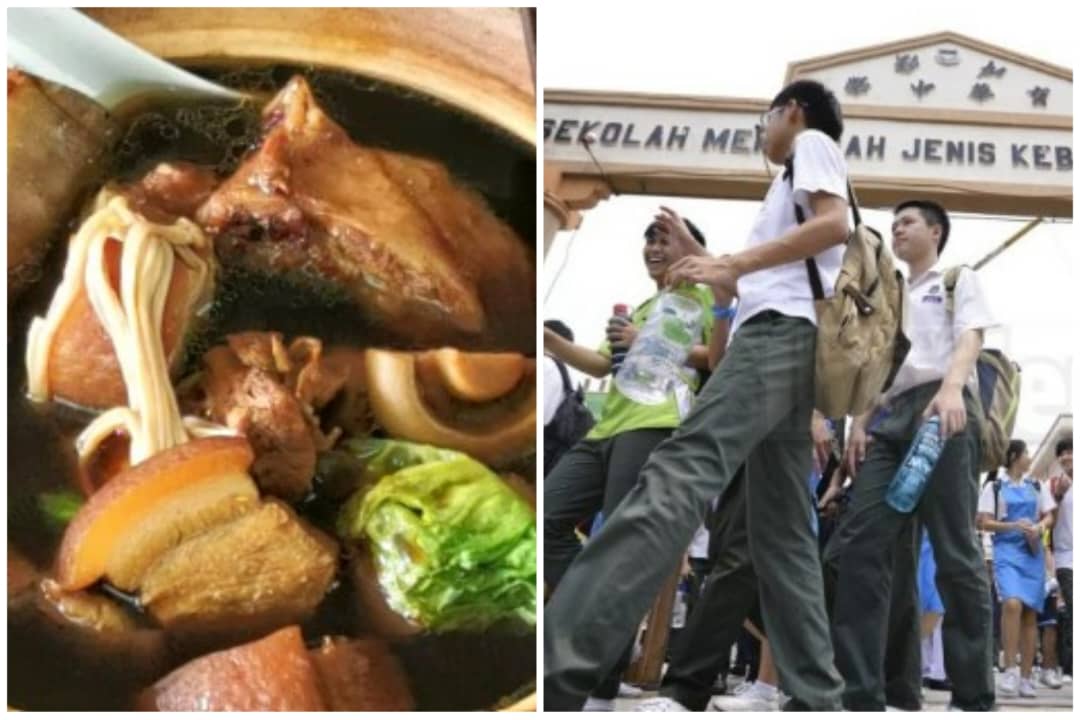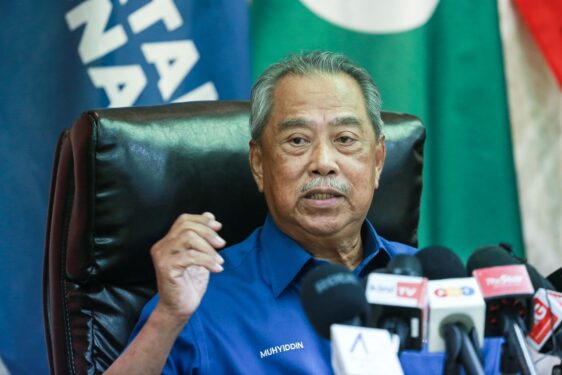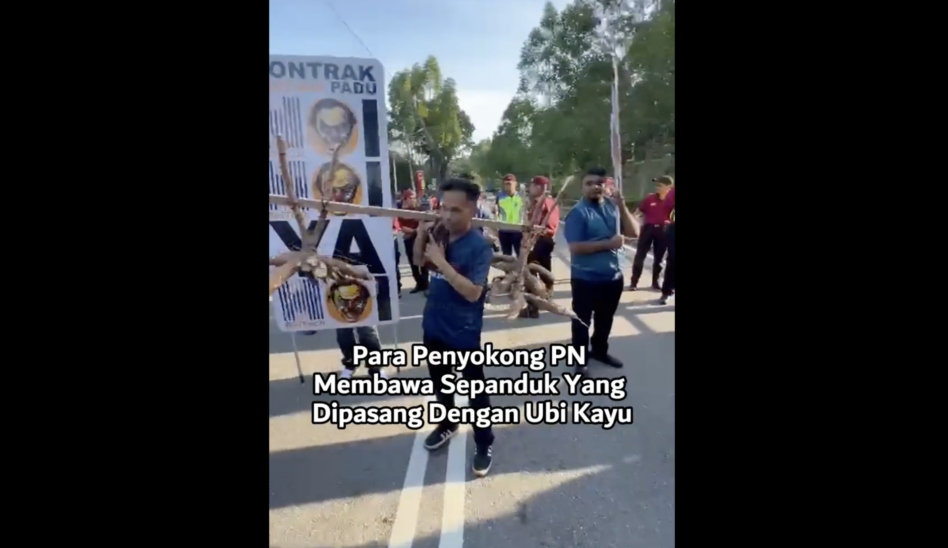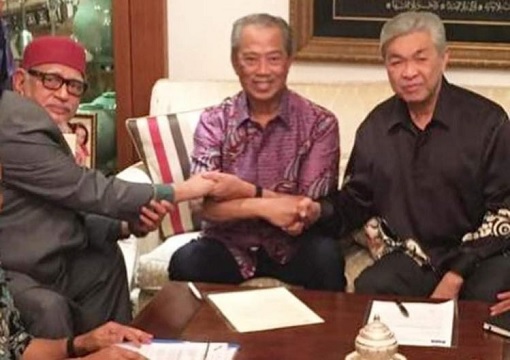DAP was the foremost defender of the existence of Chinese and Tamil schools during the days when it was in the opposition. In fact, the party sought political sustenance by defending the vernacular schools in the country.
If there was an imminent danger to these schools, DAP can be counted upon to defend these schools. Its defence was premised on the grounds of inalienable rights of non-Malays to their mother tongue education.
DAP’s name was synonymous with the defence of the democratic rights of the non-Malays in general and the existence of the vernacular schools.
Is the position of DAP the same towards the vernacular schools as before? Whether one agrees or not, there is conspicuous metamorphosis of DAP in the last few years especially after it had become a component of the Pakatan Harapan (PH)-led ruling coalition.
DAP is proud to proclaim that it is a party with most numbers of MPs in the ruling coalition.
At the same time, its leaders have made it a point by saying that the party would not impose too many demands on the fragile coalition – as though significant material changes will enable the party to have a major say in how the government functions.
The number of MPs in the Dewan Rakyat is no reflection of the party’s political performance. As I used to say, power, positions and perks (3Ps) have significantly altered the politics of DAP.
The party can be criticised for not taking up the issue of the vernacular schools especially when there are calls by Malay nationalists to close them down in the interest of national unity.
However, it must be remembered that DAP is not the same party as before. It is no different from the MCA of the yesteryears.
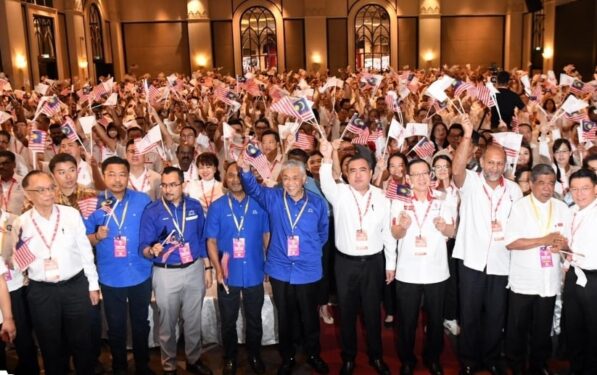
Lukewarm reaction
Material and ideational changes have significantly altered the performance of the party as the defender of the rights of the affected Malaysians.
This would explain why the party never defended vernacular schools when former Universiti Kebangsaan Malaysia’s (UKM) former professor of ethnic studies Prof Datuk Teo Kok Seong claimed that Chinese schools are detrimental to national unity.
The DAP MP for Seputeh Teresa Kok took objections to the interview given by Teo where he berated the Chinese vernacular schools as breeding ground for racism. Other than asking the police to act against Teo, there was no rational or systematic counter argument in the defence of the vernacular schools.
Not wanting to upset their new found relationship with UMNO, other DAP leaders dare not defend the Chinese vernacular schools. They were quiet as the church mouse.
Although UMNO might have lost considerable Malay support, the party has no qualms in championing the Malay race. This is why its youth leader Dr Muhamad Akmal Saleh called upon the government to review the vernacular school system in the context of national unity.
Essentially, his argument was that the vernacular schools are not functioning in the larger national interest of the country.
Apart from the DAP Bukit Gasing state assemblyman Rajiv Rishyakaran calling Akmal to discuss the matter of vernacular schools “in close doors” over a cup of coffee, no senior DAP leader dared to confront and challenge Akmal.
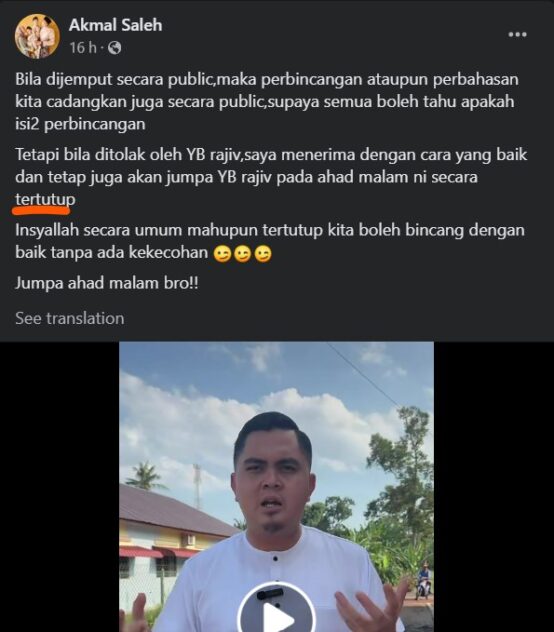
It took the courage of the former dropped DAP Bagan Dalam candidate Satees Muniandy to challenge Akmal for debate on the vernacular schools.
Akmal has agreed to the debate to be organised by the United Rights of Malaysian Party (Urimai), the yet to be registered rights party. Being a product of vernacular school, Satees has more guts to defend the saliency of vernacular schools rather than the present timid and sycophant DAP leaders.
I hope that the firebrand UMNO youth chief would match his words with action. Akmal has to prove whether he is “anak jantan” (real man) or “pengecut” (coward).

Misguided priorities
Just like the MCA and MIC, the politics of appeasement has set in among DAP leaders. What they have said before and what they say now are two different things.
While there is nothing wrong in championing the herbal pork rib soup or rendering Chinese New Villages as UNESCO site, the larger picture of defending the erosion of the rights of Malaysians, particularly the non-Malays, is missing.
Where were all these calls for recognition of food items and heritage sites when the DAP was in the opposition?
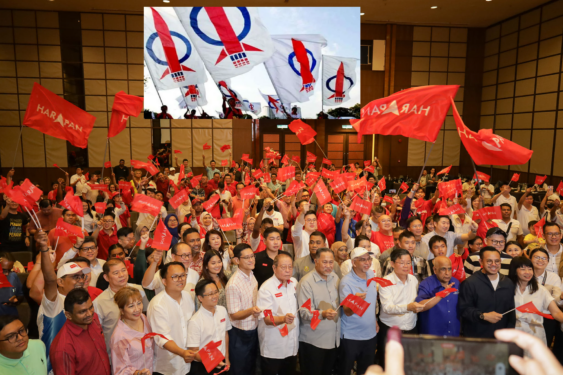
How come these have assumed to be of major importance when non-Malays are discriminated in the public service, admission to public universities, matriculation programmes, the provision of licenses and permits and many others.
Anyway, whatever happened to the concept of Malaysian Malaysia that is integral to the DAP’s constitution. Have its leaders forgotten about this Setapak Declaration of the 1960s?
It is sad and tragic that the DAP that stood for the discriminated and marginalised Malaysians is a different party today.
It is beyond belief that the party would succumb to the synthetic notion of progress and unity as envisaged by the Madani government which is not too different to earlier hegemonic governments. – March 14, 2024
Former DAP stalwart and Penang chief minister II Prof Ramasamy Palanisamy is chairman of the Urimai (United Rights of Malaysian Party) Interim Council.
The views expressed are solely of the author and do not necessarily reflect those of Focus Malaysia.


